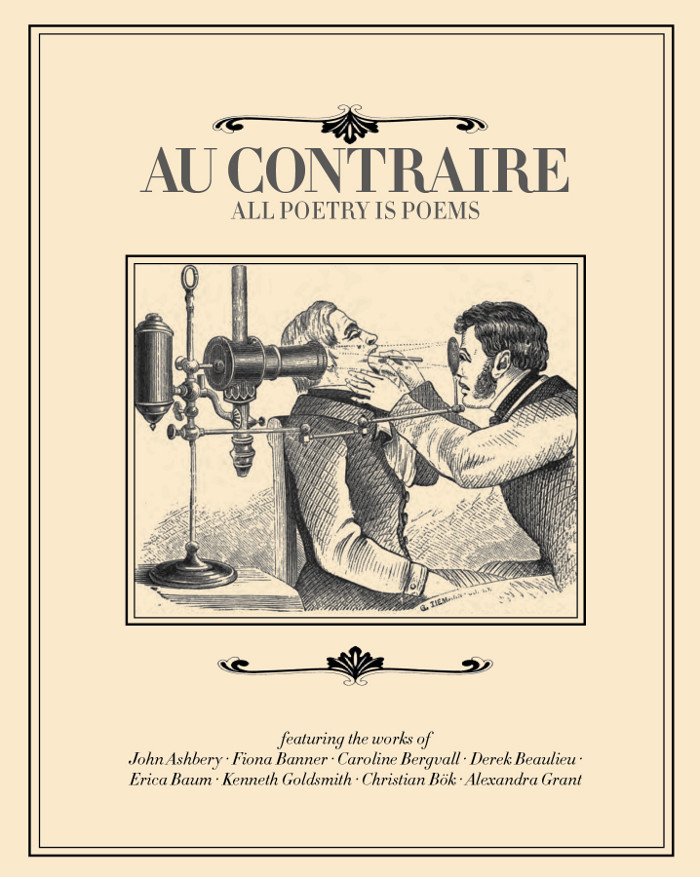Jan Zwicky: Wisdom & Metaphor (2003)
Filed under book | Tags: · language, literature, metaphor, philosophy, poetry

“The shape of metaphorical thought is also the shape of wisdom,” states Jan Zwicky in her introduction to Wisdom & Metaphor, “What a human mind must do in order to comprehend a metaphor is a version of what it must do in order to be wise.” In this follow-up to her astonishingly original book Lyric Philosophy (1992), Zwicky sets out to explore the ways in which metaphorical thought links to wisdom: “Those who think metaphorically are enabled to think truly,” suggests Zwicky, “because the shape of their thinking echoes the shape of the world.” Zwicky’s prose style is the very model of her thesis, echoing the measured, sure-spoken clarity of her poetry, guiding the reader through multiple layers of meaning in the right-hand/left-hand voice style that she employed so successfully in Lyric Philosophy. Wisdom & Metaphor is a stunning work that will engage a broad range of readers.
Publisher Gaspereau Press, 2003
ISBN 1894031784
288 pages
review (Adam Dickinson, Canadian Literature)
interview with the author (Mat Laporte, The Puritan)
Flaunt Magazine’s Au Contraire: All Poetry Is Poems (2013)
Filed under magazine | Tags: · literature, poetry, visual poetry

Flaunt Magazine (Issue 125)’s Au Contraire insert of contemporary poetry. Features contributions from John Ashbery, Fiona Banner, Erica Baum, Caroline Bergvall, derek beaulieu, Christian Bök, Kenneth Goldsmith, and Alexandra Grant.
18 pages
via Derek Beaulieu
Walter Benjamin: Early Writings, 1910-1917 (2011)
Filed under book | Tags: · 1910s, art criticism, cultural criticism, literary criticism, literature, poetry

“Walter Benjamin became a published writer at the age of seventeen. Yet the first stirrings of this most original of critical minds—penned during the years in which he transformed himself from the comfortable son of a haute-bourgeois German Jewish family into the nomadic, uncompromising philosopher-critic we have since come to appreciate—have until now remained largely unavailable in English. Early Writings, 1910-1917 rectifies this situation, documenting the formative intellectual experiences of one of the twentieth century’s most resolutely independent thinkers.
Here we see the young Benjamin in his various roles as moralist, cultural critic, school reformer, and poet-philosopher. The diversity of interest and profundity of thought characteristic of his better-known work from the 1920s and 30s are already in evidence, as we witness the emergence of critical projects that would occupy Benjamin throughout his intellectual career: the role of the present in historical remembrance, the relationship of the intellectual to political action, the idea of truth in works of art, and the investigation of language as the veiled medium of experience.
Even at this early stage, a recognizably Benjaminian way of thinking comes into view—a daring, boundary-crossing enterprise that does away with classical antitheses in favor of the relentlessly-seeking critical consciousness that produced the groundbreaking works of his later years. With the publication of these early writings, our portrait of one of the most significant intellects of the twentieth century edges closer to completion.”
The book is a translation of selections from Walter Benjamin, Gesammelte Schriften, 1972-1989, Suhrkamp Verlag
Translated by Howard Eiland and Others
Publisher Belknap Press of Harvard University Press, Cambridge/MA and London, 2011
ISBN 0674049934, 9780674049932
303 pages
Benjamin at Monoskop wiki
publisher

